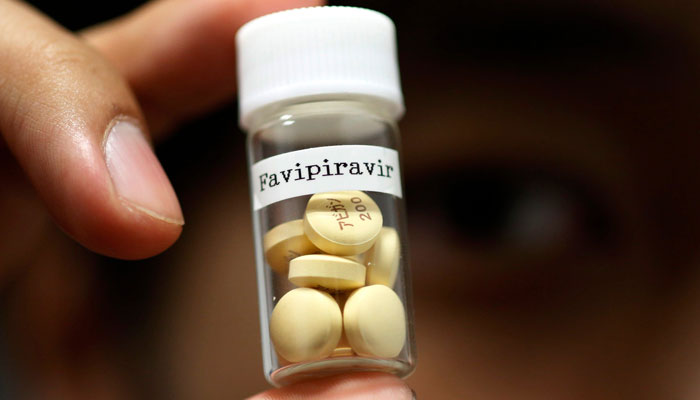The Japanese antiviral drug Avigan, which is also known as favipiravir, was tested on 620 citizens infected with coronavirus showed promising results according to Hossam Abdel Ghaffar, Head of Supreme Council of University Hospitals.
The Japanese antiviral drug Avigan, which is also known as favipiravir, has emerged as a potential drug to treat patients infected with the coronavirus in Japan and China. Italy has decided to approve the use of the drug.
Shipments of the Japanese anti-flu drug Avigan – touted as a potential treatment of the new coronavirus pandemic –will arrive in Egypt next week.
Avigan gained approval by the relevant authorities in Egypt as soon as the pandemic was first detected in the country.
The U.S. Food and Drug Administration (FDA) has given the green light on Wednesday for the country’s first clinical trial of Avigan, involving around 50 or 60 patients with the coronavirus, the Boston Globe reported.
Later on Thursday, Fujifilm Holdings Corp announced it would start the second phase of clinical trials of its anti-flu drug for coronavirus patients in the United States.
The trial will involve 50 coronavirus patients in collaboration with Brigham and Women’s Hospital, Massachusetts General Hospital, and the University of Massachusetts Medical School, according to the New York Times reported.
On April 5, Japan’s Chief Cabinet Secretary Yoshihide Suga announced that his country plans to provide nations stricken by the coronavirus pandemic with the drug free of charge. He said the clinical trials were underway in the Asian country to ensure its effectiveness and safety for potential use in treating symptoms caused by the virus.
The Japanese government had received requests for the new drug from more than 30 countries, Suga added.
Earlier on March 31, Fujifilm announced the start of a third phase of clinical trial of its drug for coronavirus patients in Japan.
Elsewhere, in China, health experts hailed the new drug as “clearly effective” when used on 340 patients in trials in the Chinese city of Shenzhen, as it showed reduced recovery time and improved lung function, The New York Post reported.


